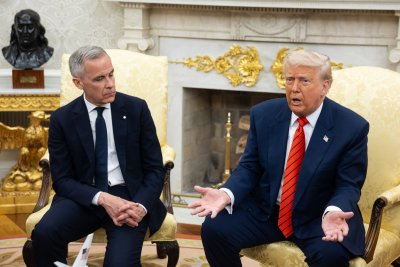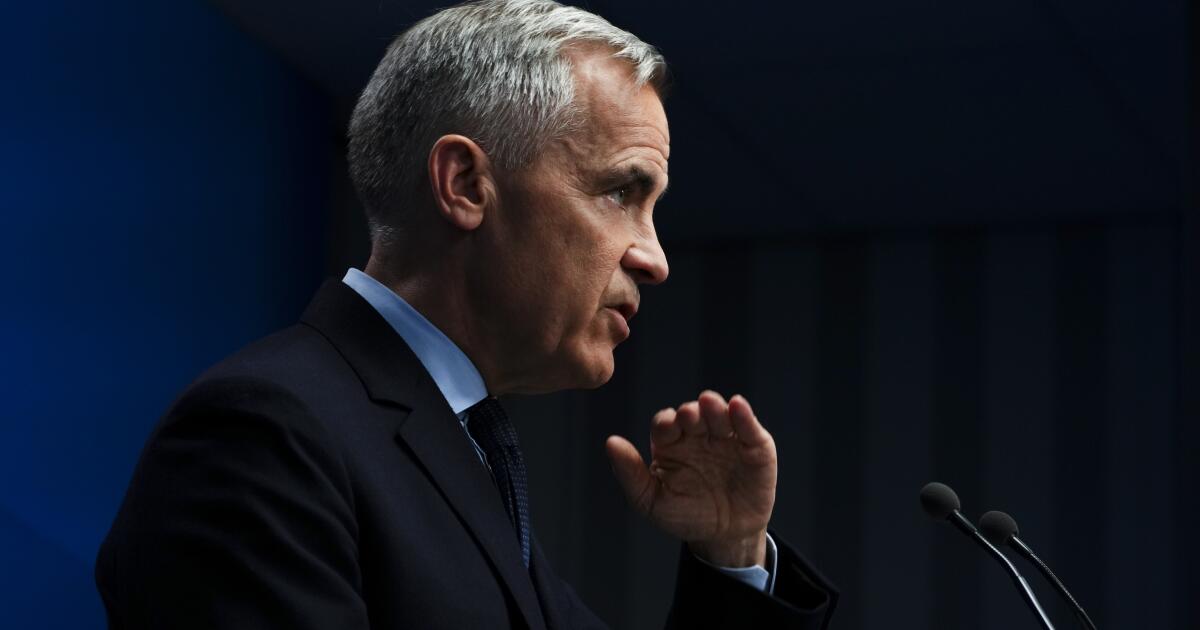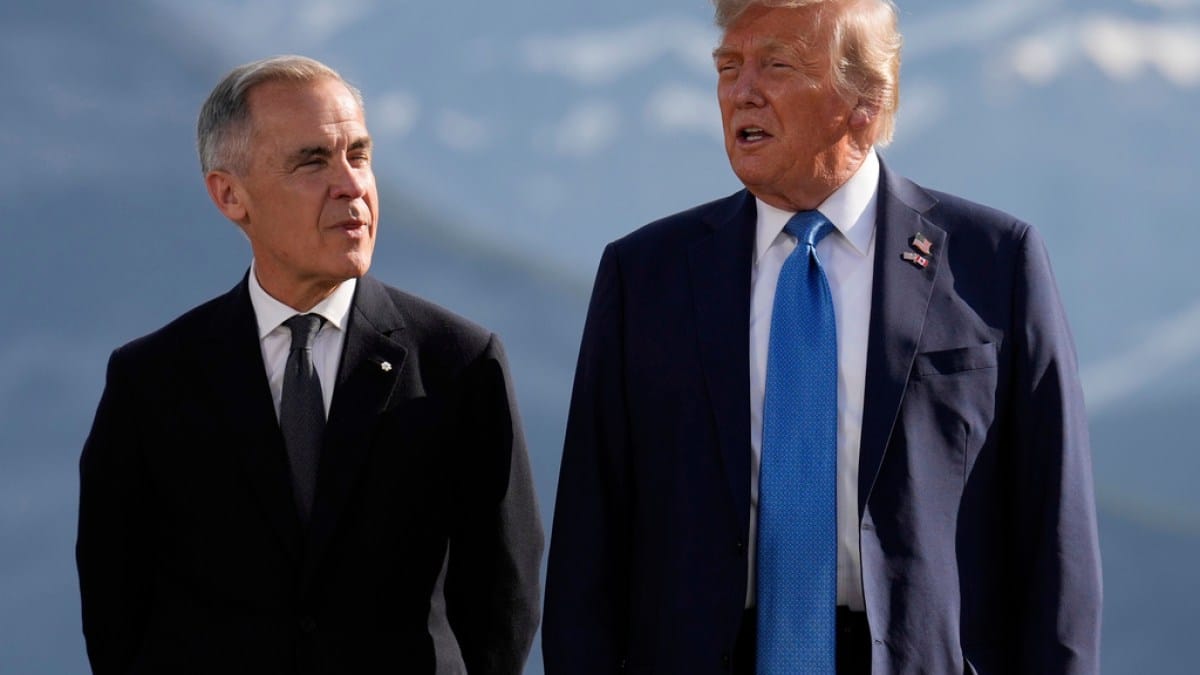New Oklahoma schools superintendent rescinds mandate for Bible instruction in schools
OKLAHOMA CITY — Oklahoma’s new public schools superintendent announced Wednesday he is rescinding a mandate from his predecessor that forced schools to incorporate the Bible into lesson plans for students.
Superintendent Lindel Fields said in a statement he has “no plans to distribute Bibles or a Biblical character education curriculum in classrooms.” The directive last year from former Superintendent Ryan Walters drew immediate condemnation from civil rights groups and prompted a lawsuit from a group of parents, teachers and religious leaders that is pending before the Oklahoma Supreme Court. It was to have applied to students in grades 5 through 12.
Oklahoma Gov. Kevin Stitt appointed Fields to the superintendent’s post after Walters resigned last month to take a job in the private sector.
Jacki Phelps, an attorney for the Oklahoma State Department of Education, said she intends to notify the court of the agency’s plan to rescind the mandate and seek a motion to dismiss the lawsuit.
Many schools districts across the state had decided not to comply with the Bible mandate.
A spokeswoman for the state education department, Tara Thompson, said Fields believes the decision on whether the Bible should be incorporated into classroom instruction is one best left up to individual districts and that spending money on Bibles is not the best use of taxpayer resources.
Walters in March had announced plans to team up with country music singer Lee Greenwood seeking donations to get Bibles into classrooms after a legislative panel rejected his $3 million request to fund the effort. The plaintiffs in the lawsuit challenging the Bible mandate did not immediately comment.
Walters, a far-right Republican, made fighting “woke ideology”, banning certain books from school libraries and getting rid of “radical leftists” who he claims were indoctrinating children in classrooms a focal point of his administration. Since his election in 2020, he imposed a number of mandates on public schools and worked to develop new social studies standards for K-12 public school students that included teaching about conspiracy theories related to the 2020 presidential election. Those standards have been put on hold while a lawsuit challenging them moves forward.
Thompson said the agency plans to review all of Walters’ mandates, including a requirement that applicants from teacher jobs coming from California and New York take an ideology exam, to determine if those may also be rescinded.
“We need to review all of those mandates and provide clarity to schools moving forward,” she said.
Murphy writes for the Associated Press.






